X
Site
Searches content on sportslib.net based on your keyword.
Video
Searches for video content based on your keywords.
Board
Searches the Football Message Board for content matching your keywords.
- 🏆 FIFA World Cup
- 🏆 FIFA Women's World Cup
- 🏆 UEFA Euro Championship
- 🏆 UEFA Champions League
- 🏆 Copa América
- 🏆 Gold Cup
- 🏆 Africa Cup
- 🏆 Asian Cup
 Premier League
Premier League La Liga
La Liga Bundesliga
Bundesliga Serie A
Serie A Ligue 1
Ligue 1 Liga Portugal
Liga Portugal Eredivisie
Eredivisie Süper Lig
Süper Lig MLS
MLS Série A
Série A J1 League
J1 League Saudi Pro League
Saudi Pro League WSL
WSL Première Ligue
Première Ligue NWSL
NWSL- 🧭 SportsLib.net Sitemaps






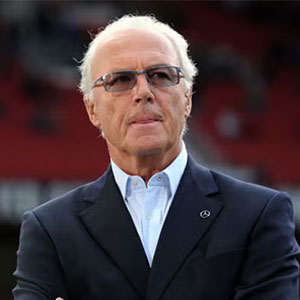
 Profile
Profile West Germany
West Germany
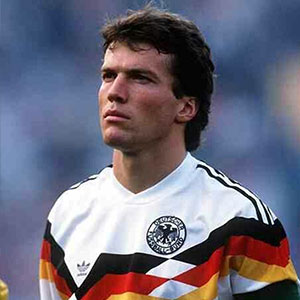
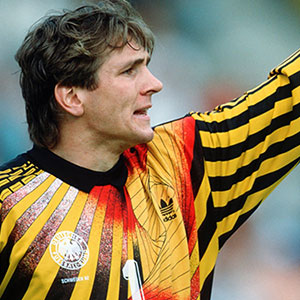
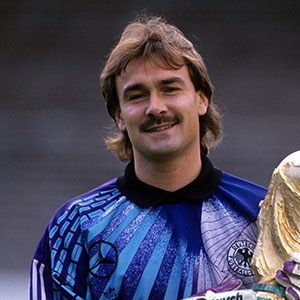
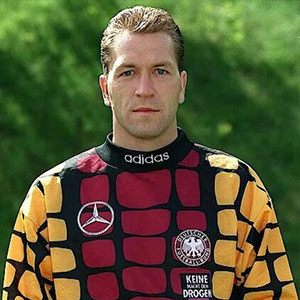
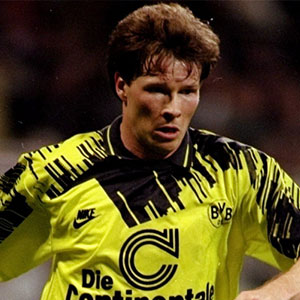
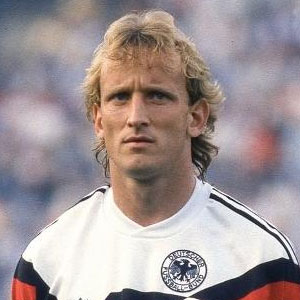
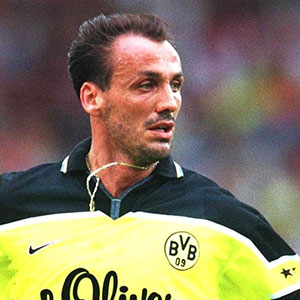
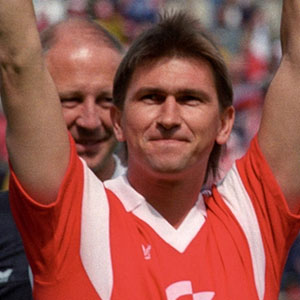
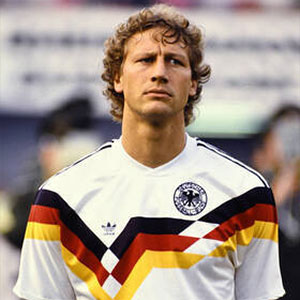
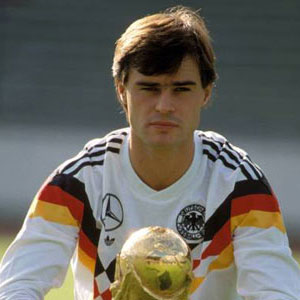
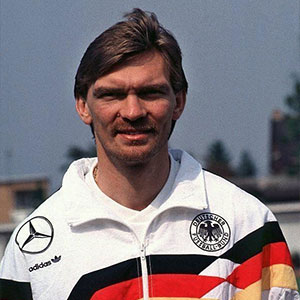
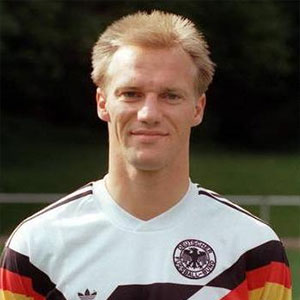
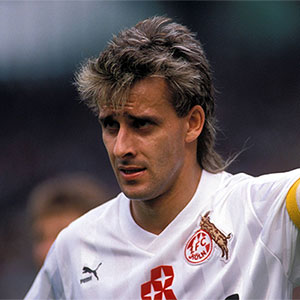
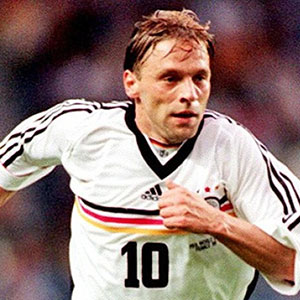
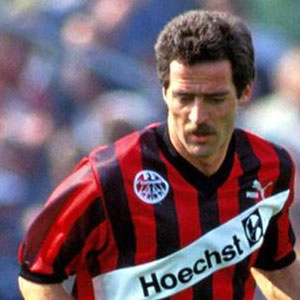
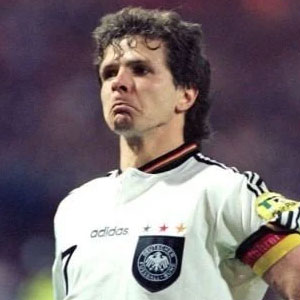
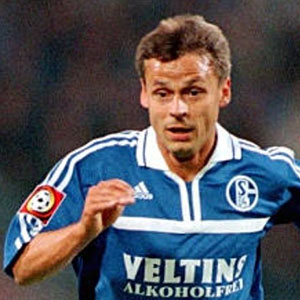
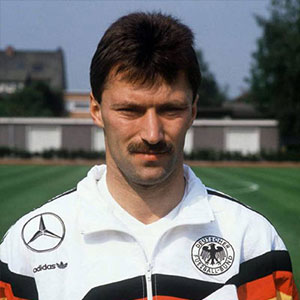
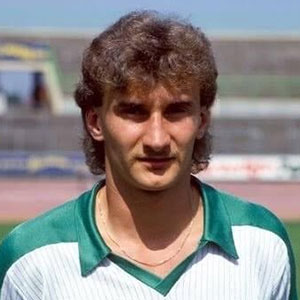
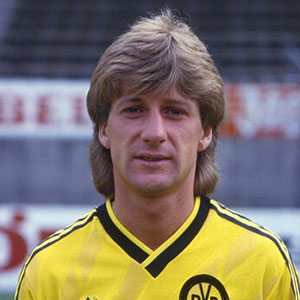
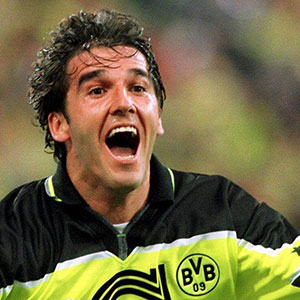
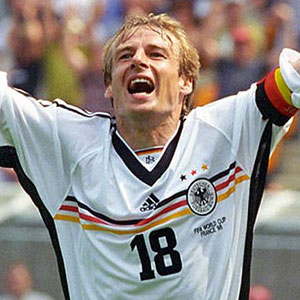


 •FIFA
•FIFA







